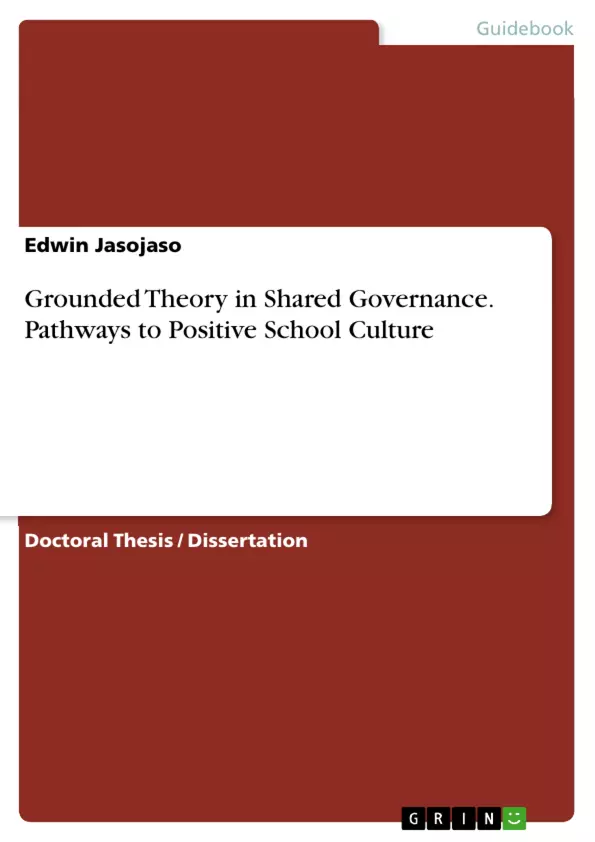Shared governance in educational institutions plays a pivotal role in shaping school culture and fostering inclusive environments. In the Philippines, legislative actions such as Republic Act 9155 mandates the implementation of shared governance in education, aiming to enhance collaboration and inclusivity. However, challenges persist in translating legal provisions into practical implementation, highlighting the need for a deeper exploration of shared governance dynamics. This study examines shared governance from the perspectives of educational leaders, drawing on global frameworks and local initiatives. Through a comprehensive analysis of findings, it is evident that shared governance enhances a positive school culture by promoting collaboration, transparency, and empowerment among stakeholders. Effective shared decision-making processes empower educators, improve outcomes, and address challenges within educational settings. Recommendations include establishing inclusive governance structures, providing training on communication and conflict resolution, promoting transparency, and empowering student leaders. Future research should focus on evaluating interventions to enhance inclusive leadership and validating the proposed Theory of Shared Governance and Inclusive Leadership in Education across diverse contexts. By addressing these recommendations, educational institutions can create equitable, supportive, and inclusive learning environments conducive to student success and well-being.
Inhaltsverzeichnis (Table of Contents)
- Chapter 1: INTRODUCTION
- Background of the study
Zielsetzung und Themenschwerpunkte (Objectives and Key Themes)
This dissertation aims to develop a grounded theory on shared governance in educational settings, particularly in elementary schools, with the goal of understanding how it contributes to a positive school culture. The study specifically focuses on the Philippines, exploring how shared governance can foster inclusivity and address the challenges of achieving quality education for all.
- The concept of shared governance in education.
- The role of shared governance in fostering a positive school culture.
- The challenges and opportunities of implementing shared governance in the Philippines.
- The legal framework surrounding shared governance in the Philippines.
- The importance of inclusivity in shared governance frameworks.
Zusammenfassung der Kapitel (Chapter Summaries)
Chapter 1 introduces the research problem and its background, highlighting the need for a grounded theory of shared governance in education, particularly within the Philippine context. The chapter explores the existing literature on shared governance, primarily focused on medical applications, and identifies the gap in understanding the concept within the educational context. It emphasizes the importance of considering the specific needs of elementary schools and other educational institutions in developing a practical and relevant theory of shared governance.
Schlüsselwörter (Keywords)
Shared governance, positive school culture, inclusivity, educational leadership, elementary schools, Philippines, grounded theory, decision-making, stakeholders, legal framework, Republic Act 9155, UN Sustainable Development Goal 4, quality education, gender disparities, vulnerable populations.
- Quote paper
- Dr. Edwin Jasojaso (Author), 2024, Grounded Theory in Shared Governance. Pathways to Positive School Culture, Munich, GRIN Verlag, https://www.grin.com/document/1488705



